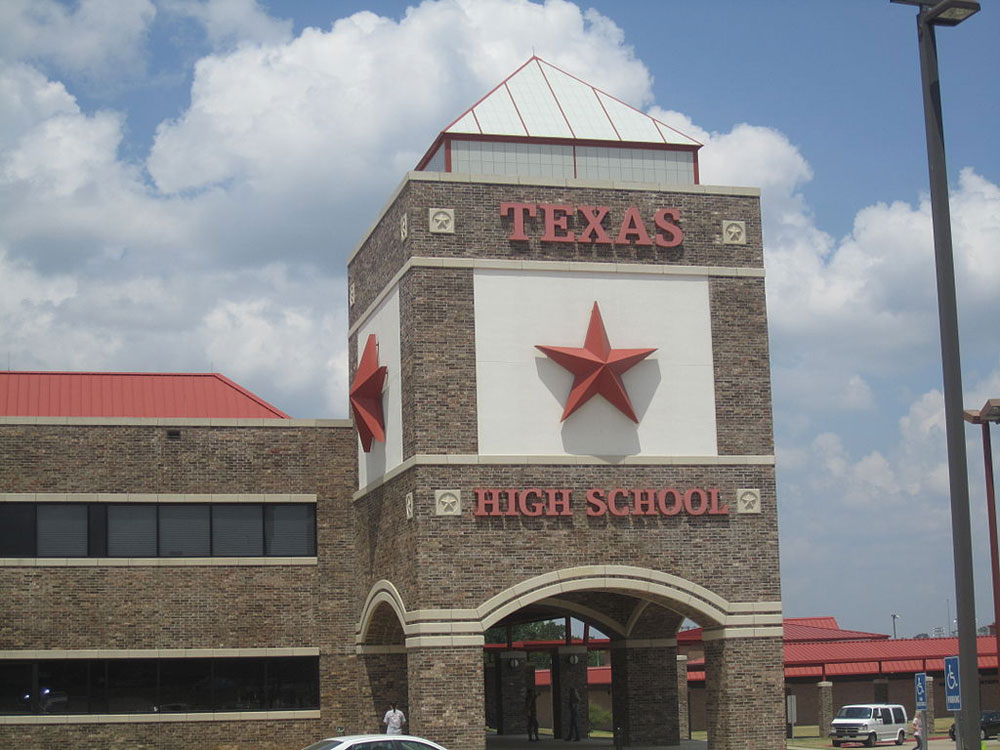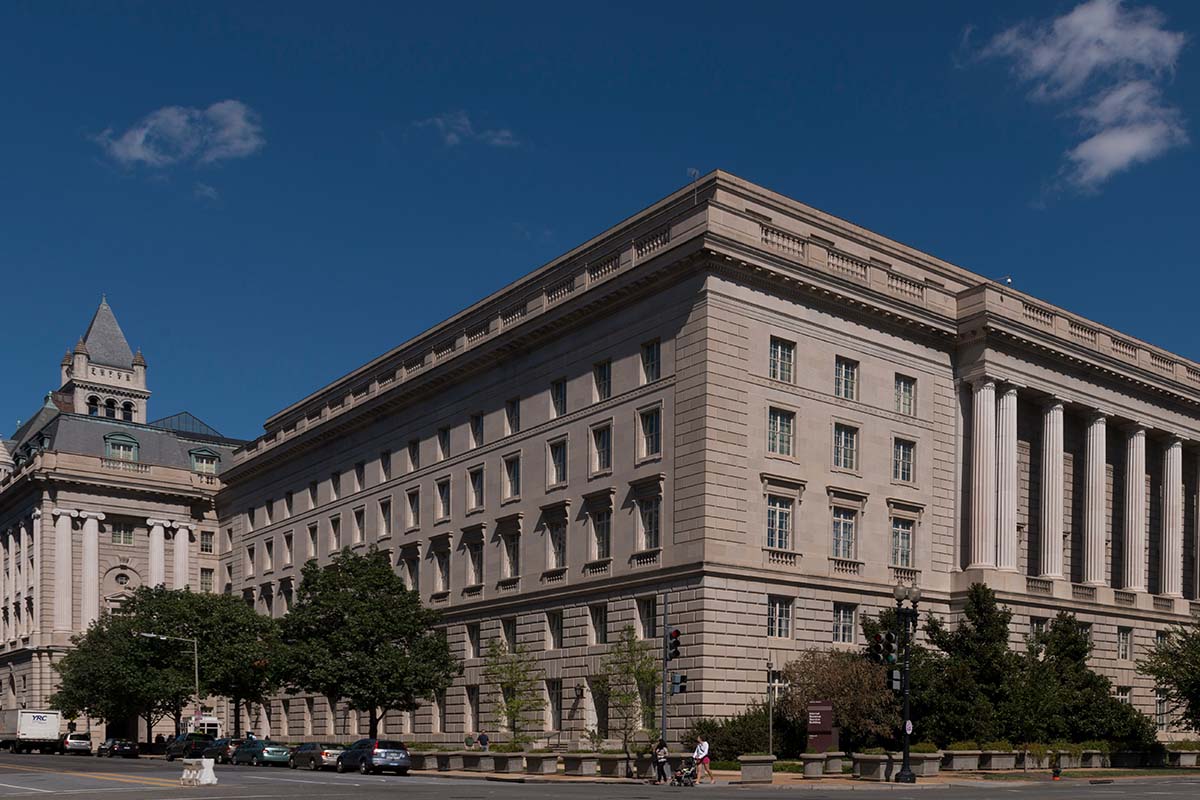
August 2, 2019; Texas Tribune
in 2017, the state of Texas passed a law encouraging school districts to “partner with charter schools as a way to create more high-quality, innovative schools,” writes Aliyya Swaby in the Texas Tribune. Still, the bill that was passed—Senate Bill 1882—did not mandate the use of charters; it did incentivize shifting management of underperforming schools to a partner organization in exchange for additional state funding.
State Senator Paul Bettencourt (R-Houston), one of the bill’s authors and a charter advocate, tells Swaby that governmental entities and nonprofits were added as potential partners to gain the support of lawmakers who were critical of charters.
So far, the result has been that many districts have sought to form partnerships with organizations where a higher level of trust with the school district exists than is the case in many communities with charters. As Swaby explains, “Not many school districts are partnering with charter schools, in some cases because they know it’s not politically palatable in their communities. Instead, districts are using the law to partner with universities and private nonprofit organizations, sometimes ones they have created and staffed—allowing them to reap the monetary benefits of the law without giving up as much control over their schools.”
NPQ has taken note of how the school board in Waco is managing the situation. Five of its schools did not meet the state’s requirements. They faced forced closure, and the entire district risked state takeover. Kyle DeBeer, Waco ISD assistant superintendent of communications, told the Tribune how important it was to “maintain local control and, more than that, local relationships.” Rather than turn the five schools over to new management from outside their community, the school district turned to a local nonprofit, Prosper Waco, that could build its solution locally. As spokesperson Christina Helmick said to the Waco Tribune-Herald last year, “We have everything we need right here in Waco. It’s just we need to bring it all together in a coordinated way.”
A similar approach was taken, after several community meetings, in Lubbock. Their district chose the Lubbock Partnership Network to run four schools: According to Aliyya Swaby, writing for the Tribune, “A former Lubbock ISD elementary school principal was named the nonprofit’s executive director, in charge of running the four schools, as a sort of school district within a school district. It has an independent, appointed school board made up of local community members.”
In both cities, the community connection was retained and built upon. The increased funding promised by Texas law allows for expanded efforts to stabilize and strengthen teaching staff and build up the wraparound services needed to deal with the systemic issues of poverty, housing and food insecurity, and race that undermine effective education.
Sign up for our free newsletters
Subscribe to NPQ's newsletters to have our top stories delivered directly to your inbox.
By signing up, you agree to our privacy policy and terms of use, and to receive messages from NPQ and our partners.
In Beaumont, district leadership saw no alternative to partnering with two charter school operators. A school official told the Texas Tribune of their dilemma:
We heard great concern in the community because the perception was that we were “giving away” our schools to the charter. We were going to be in a situation where we had to close schools…and we didn’t want to close those schools.
Houston, on the other hand, has kept full control of all its schools despite risking state takeover of their district. They have not turned their schools over to outside organizations—even those, as in Waco, that might be drawn from the local area.
As the state releases data about school performance in the 2018–19 school year, the data will be examined closely. Some school leaders fear too much weight will be placed on one year’s experience. For his part, Bettencourt says, “I just hope that the nonprofits use the same best practices that we saw in the major charters. This is not insignificant money, and for that, we want significant performance and improvement.”
In Waco, Swaby reports that of five schools managed by Prosper Waco, the district expects to see backsliding at two schools, improvement at one, with two remaining more of less where they were. Teacher turnover is seen as the main culprit for the two schools that have seen outcomes falter. Robin McDurham, who leads the Waco collaboration, says, “It’s a process of gaining traction each year.”
How will the data collected for 2018 and 2019 inform efforts at improvement? Improving school performance often requires multiple years of effort. One hopes that a single year’s data is not given inordinate weight and that community efforts are nurtured for the time needed, so that lasting gains in educational outcomes may be achieved.—Martin Levine










